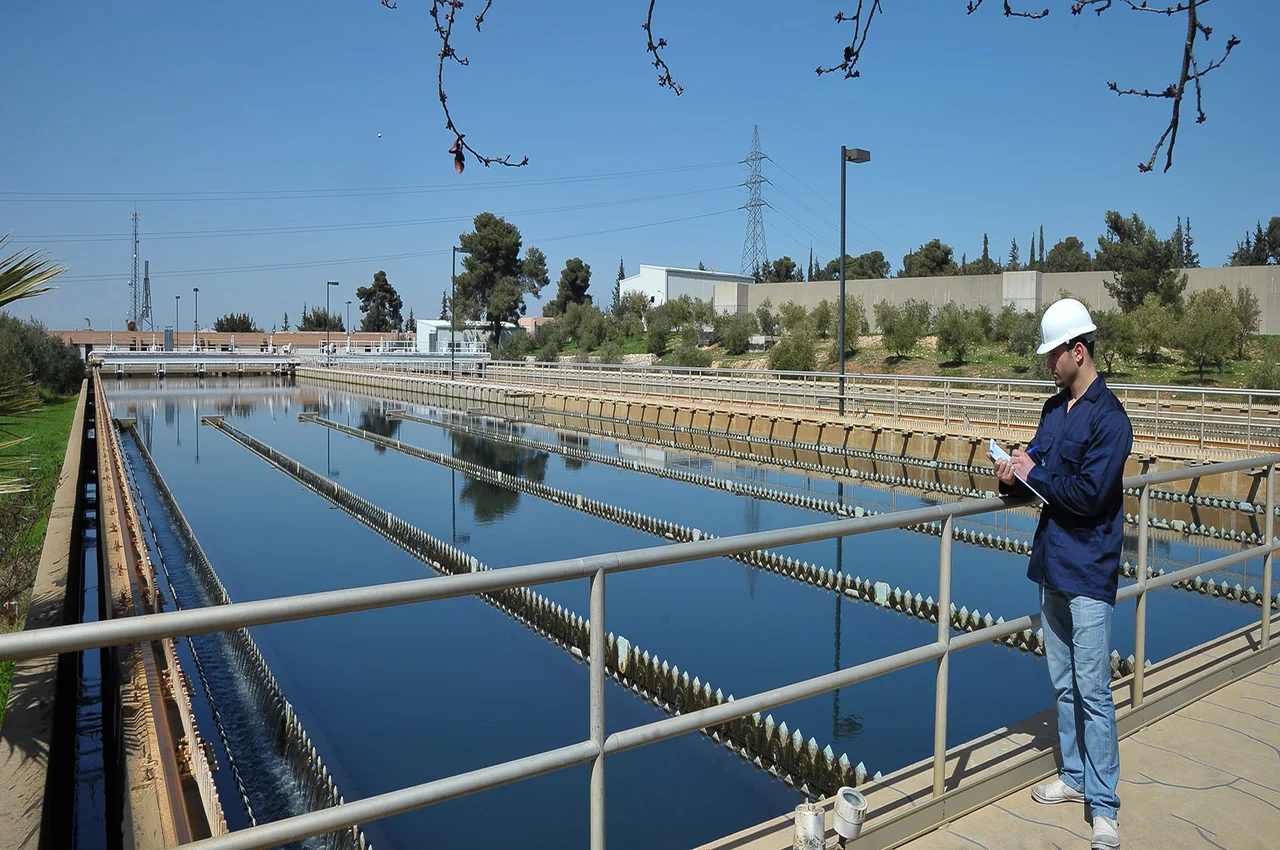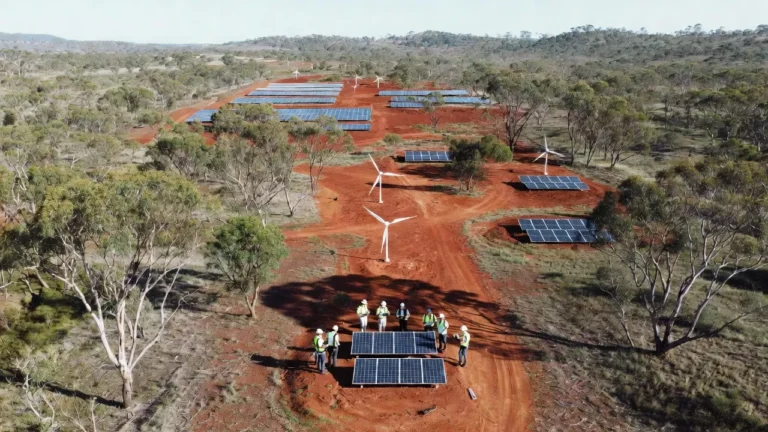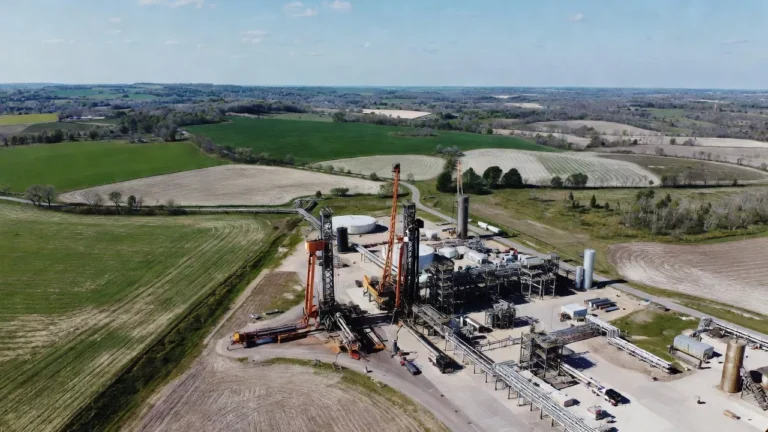
World leaders are convening this week in Baku, Azerbaijan, at the 29th Conference of the Parties to the United Nations Framework Convention on Climate Change, to accelerate global decarbonization efforts. The water sector, responsible for nearly 2% of global carbon emissions, is stepping up with bold strategies to reduce its carbon footprint through advanced technology.
A recent survey by water technology company Xylem (NYSE: XYL) of over 100 utilities revealed that 75% have established greenhouse gas (GHG) reduction goals to be achieved by 2040 or sooner, with 48% targeting net-zero emissions. As detailed in Xylem’s new report, Net Zero: Utilities Setting the Pace on Decarbonization, this progress underscores the water sector’s role in combatting climate change.
Water and wastewater utilities, often major energy consumers and sources of methane and nitrous oxide emissions, are implementing scalable, replicable methods to reduce emissions and improve water security in communities worldwide. Key insights from Xylem’s research offer a roadmap for emissions reduction across the sector:
- Prioritize Energy Efficiency: Pumping, treatment, and distribution processes consume substantial energy. Efficient technologies can yield immediate decarbonization benefits. For instance, Scottish Water’s high-efficiency smart pumping systems have cut energy use by 40% and reduced maintenance costs by 99%.
- Integrate Net-Zero and Climate Adaptation Goals: By combining GHG reduction with resilience strategies, utilities can accelerate both decarbonization and adaptation. In Santiago, Chile, Aguas Andinas transforms wastewater into renewable energy using anaerobic digestion, turning organic waste into biogas. This renewable energy production reduces emissions, cuts fossil fuel dependence, and secures energy for critical water treatment processes. These initiatives, along with efficiency improvements, have enabled the utility to reduce GHG emissions by 25%.
- Comprehensive Emissions Management: Leading utilities are addressing emissions across all processes, from energy generation to wastewater treatment. Ruhrverband in Essen, Germany, achieved net energy neutrality in 2023 with solar and hydropower, and is now using advanced sensors and AI to monitor and reduce nitrous oxide emissions.
The report emphasizes how water utilities are leveraging smart systems and digital monitoring tools to lower emissions, improve performance, and extend asset lifespan. These tools are accelerating the sector’s net-zero transition more effectively.
“Deploying advanced technologies makes our assets more efficient and resilient,” said Nathan Wield, Wastewater Operations West Manager at Scottish Water. “This not only enhances efficiency but extends equipment life, minimizes service interruptions, and boosts our environmental impact.”
Alexis de Kerchove, Senior Director of Client Sustainability at Xylem, added, “Innovative utilities are proving that emissions in the water sector are manageable. Achieving net zero can drive optimization, cost savings, and positive social impact. By scaling these strategies, the sector could reach net zero faster than anticipated.”










